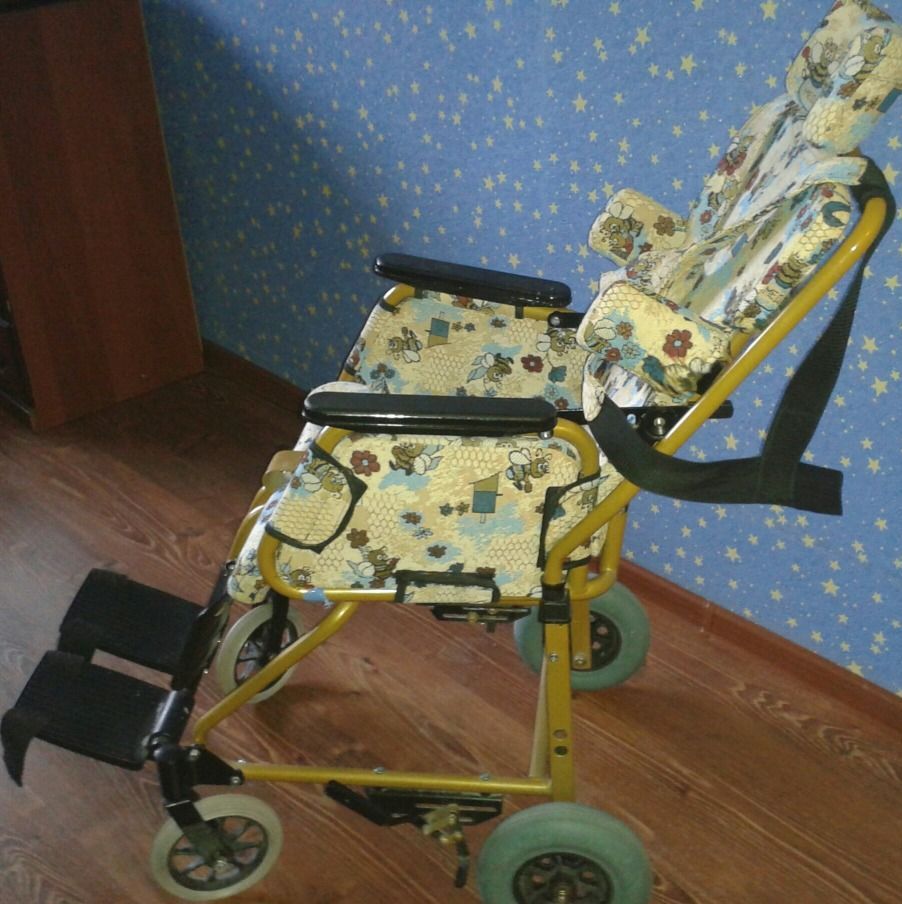Biases about Children with Disabilities

The photograph represents children’s wheelchairs that is a symbol of children with disabilities. Unfortunately, the majority of children believe that children with disabilities need sympathy and compassion while actually, they need friendship and an equal attitude. The above situation affects the lives of children with disabilities as well as the whole society. However, children should percept them like everyone else and understand that they have the same rights, wishes, and opportunities to communicate with others. In addition, one might note a bias in delivering the appropriate health care. Namely, there is a lack of rehabilitation centers and measures to promote the adaptation of such children.
Influence of Legal and Ethical Issues on Health and Health Delivery of Children with Disabilities
To apply legal and ethical issues, there are rehabilitation centers for children with disabilities to provide them with medical, social, legal, and other necessary services to assist in their adaptation. The photograph reflects the need to address the problem of hostility towards children with disabilities. In other words, society should try to help them and involved in common life. Moreover, it seems appropriate to conduct various recreational activities for children and their parents as well as for children and children with disabilities. The photograph calls people to be kind and attentive to children with disabilities assisting them using legal, ethical, and other issues.
Overcoming Barriers
Sometimes, children tend to distance themselves from such children avoiding the possibility of any contact with them and perceiving them not as persons. Usually, children do not meet them often on the street or in public. Therefore, children do not think about the problems and concerns of children with disabilities. The photograph demonstrates how my initiative might help the population to cross boundaries of physical or psychological differences between children with disabilities and ordinary ones. Communicating and playing together, they would create friendship and eliminate preconceptions. As a result, it would contribute to the increase of appropriate attitudes towards children with disabilities as well as to the enhancement of their self-concept. Therefore, it is significant to create and implement special programs to explain to children that children with disabilities are the same members of society, and they should not be avoided or ignored.
Personal Ideas and Assumptions
This problem exists as children with disabilities differ physically or psychologically to some extent. Besides, society tended to ignore the issue for a long time. The conducted project changed my ideas about myself, society, and nursing. In particular, the project proved my assumptions that children with disabilities are equal persons and citizens of the country. They have all rights to the accessible environment, health care, and basic respect. What is more, children with physical or mental differences should be provided with special treatment, education, and care. Additionally, it seems rather important to point out the fact that children should perceive children with disabilities as equal ones communicating with them and trying to help to adapt to society. The above simple measures would promote the benevolence of society and improve the appropriate perception of children with disabilities. In its turn, the latter would feel more comfortable and pleased. All in all, the photograph attracts the attention of society to address the described issues.